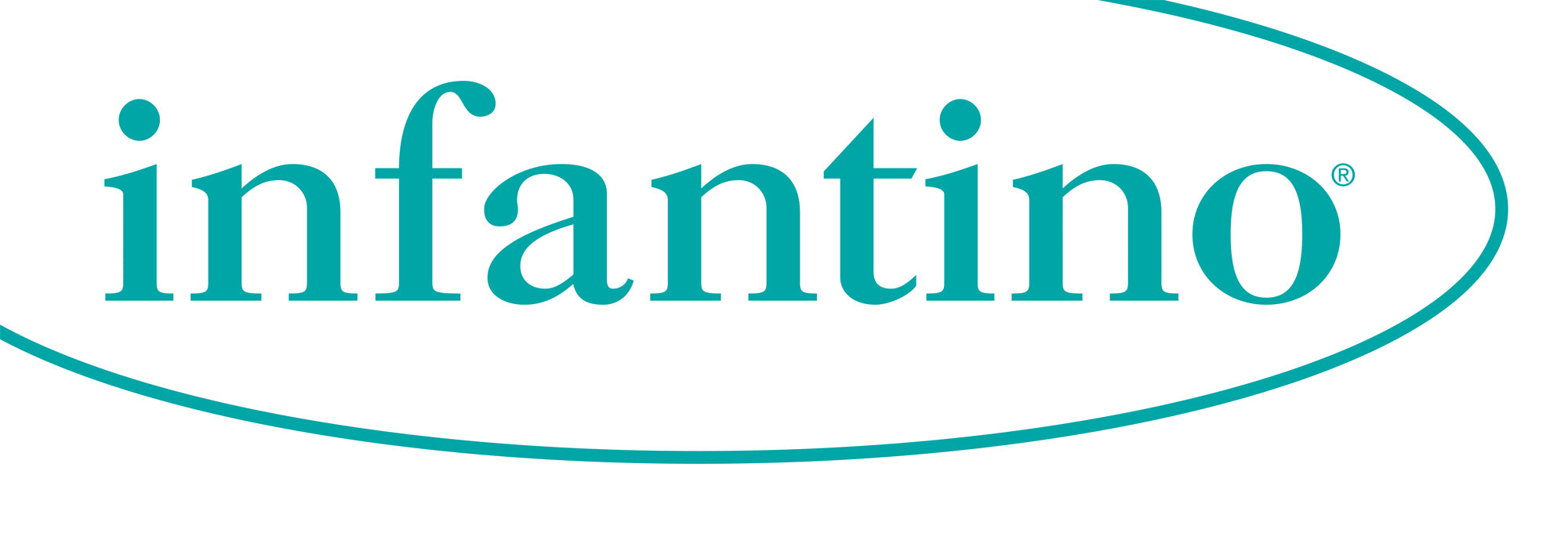If you’re wondering, “What is Sensory play?” We’ve got you covered. Sensory play, or playtime which stimulates the use of touch, smell, sight, hearing, and fine motor muscles, is not only fun but extremely beneficial for kids of all ages! Here are the top 5 benefits of sensory play:
1. Builds Nerve Connections in the Brain
Many parents dismiss sensory experiences as simply play, not realizing the full learning potential of these activities. In reality, sensory play is actually impacting the physical development of your little one’s brain! Your baby was born with a brain packed full of neurons. Learning about the world through their different senses helps to develop pathways between these neurons. The more of one type of experience your little one has, the stronger that pathway becomes. Unfortunately, if a pathway is not used often enough, it can disappear completely. Sensory play builds these nerve connections in the brain’s pathways, which lead to your child’s ability to complete more complex learning tasks as they continue to grow.
2. Supports Early Childhood Development
Sensory play and brain development go hand in hand. Sensory play supports early childhood development such as language development, cognitive growth, fine and gross motor skills, problem-solving skills, and social interaction. It aids the child’s development in physical skills such as shaping, splashing, scooping, or molding that may require many different muscles to work together at once.
Also, while your baby or toddler may not be saying words besides, “mama” or “dada” yet, they are still discovering and learning to understand new things through their senses. Through sensory play, they are learning all about the world around them! If you or other children participate in sensory play with them, they will observe how others handle materials they play with, how they communicate, as well as how new ideas are discovered.
Not only does this support social interaction and cognitive growth, it also contributes to better communication and language skills. Both verbally and non-verbally, kids communicate with others while enjoying or disliking certain sensory play. Based on their reactions, you can get to know your little one on a much deeper level - recognizing their personal preferences and having the opportunity to provide them with better materials and tools to meet their needs. Then, when your little one discovers that their preferences are accepted, it will only encourage them to communicate even more! They also will learn new words and ways to describe the world around them.
3. Develops and Enhances Memory
Understanding the importance of sensory play is crucial for your baby’s development. Like most skills, our memory is enhanced through practice, practice, practice! By interacting with different textures, smells, and even tastes, your little one benefits from sensory play learning outcomes such as building both cognitive and motor memories.
4. Sensory Play is Calming
Sensory play is great for calming your child. Kids and babies can often become easily overstimulated, anxious, or frustrated. After some sensory games, children are generally calmer, and sometimes even sleepy. A great example of this is water play during bathtime! Sensory play, especially when using baby bath toys, is fun and beneficial for your babies and toddlers. You may have noticed that after a bath, your little one is especially tired and calm. Along with other types of sensory activities for babies, in general, sensory play helps to regulate discomfort, anxiety, restlessness, and agitation. Sensory play is a great pre-bedtime activity as well!
5. Helps Children Learn Sensory Attributes
Every time your little one touches something cold, wet, sticky, or of another varying texture, they build upon their previous understanding of which objects have these characteristics.
Sensory play also helps them learn something new, such as which objects share similar characteristics. This type of learning through play is how the brain learns to recognize and sort different things and sensations. Sensory play is also a great tool to teach your child how to verbalize different feelings, as well as help them learn opposites (such as wet and dry, cold and warm).
How Toys Can Help
In this day and age, there are many toys available to encourage sensory stimulation and development with your little one. Different colors, textures, and sounds that are prevalent in your baby's toys will help them to grow more and more each day. Introducing the right toys into your child’s playtime is more important for their sensory development than you may think.
Our Big Top Discovery Cube encourages sensory development through sight, sound, and touch. This fun and bright toy features a hidden ball, clacker rings, a peek-a-boo mirror, crinkle leaves and more for your baby to engage with! Your baby will be sure to love this multi-purpose cube.
Does your baby love to play with water? If so, the Pat & Play Water Mat is perfect for tummy time and high-chair play. With 6 floating pals in a sealed water mat for your baby to play with, the fun can go on for hours! Just fill the mat with water and watch your baby pat and press their way to developing their senses.
The Press & Stay Sensory Blocks are also a great option for encouraging sensory play. These sensory blocks are easy for even the youngest builders to stack into whatever shape they imagine! The interlocking system makes it easy for little ones to attach and pull the blocks apart. These blocks are also textured, allowing your little one to experience a different kind of touch!
Overall, it is up to you to decide when to start sensory play, but as you can see from the benefits listed, the sooner the better. Kids love to engage their senses, and it is tremendously beneficial for their development!

 UK
UK France
France Germany
Germany